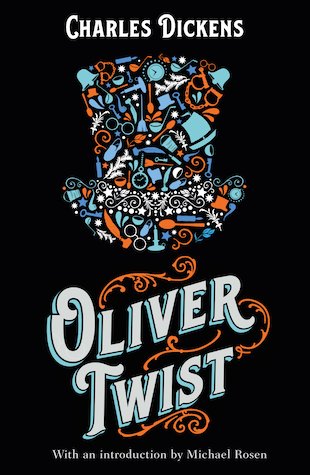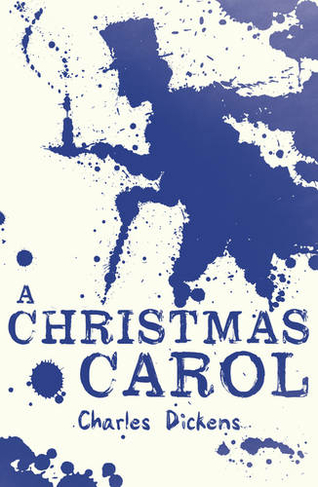English

| Subject Area | English |  |
| Head of Department: | Ms L Westerman |  |
| Teaching Staff: | Teaching staff: Miss H Kendall (KS3 Lead) Mrs N Shephard (Reading lead) Miss E Linford (Lead Practitioner/Literacy Across the Curriculum) Mrs S Clark Mrs C Walker Miss M Clark Mrs Y Beeson Mrs R Campbell Mr C Bull Miss B Barley Mrs J Cartwright (121 tutor) Mr K Trebes (121 tutor) Mrs P Basdeo (121 tutor) Mrs G Gilbert (Librarian) Mrs C Davison (Delta Subject Director) |  |
| Year 11 Course Title: | GCSE English Language GCSE English Literature |  |
| KS4 (Years 10 and 11) Exam Board and Course | Eduqas GCSE English Language Eduqas GCSE English Literature |  |
| Exam Percentages | English Language Component 1: 20th Century Literature Reading and Creative Prose Writing Written examination 1 hour 45 minutes 40% of qualification Section A (20%) – Reading Understanding of one prose extract (about 60-100 lines) of literature from the 20th century assessed through a range of structured questions Section B (20%) – Prose Writing One creative writing task selected from a choice of four titles Component 2: 19th and 21st century Non-Fiction Reading and Transactional/Persuasive Writing Written examination: 2 hours 60% of qualification Section A (30%) – Reading Understanding of two extracts (about 900-1200 words in total) of high-quality non-fiction writing, one from the 19th century, the other from the 21st century, assessed through a range of structured questions Section B (30%) – Writing Two compulsory transactional/persuasive writing tasks Component 3: Spoken Language Non-exam assessment Unweighted One presentation/speech, including responses to questions and feedback. Achievement in Spoken Language will be reported as part of the qualification, but it will not form part of the final mark and grade. English Literature Component 1: Shakespeare and Poetry Written examination: 2 hours 40% of qualification Section A (20%) Shakespeare Romeo and Juliet One extract question and one essay question based on the reading of a Shakespeare text from the above prescribed list. Learners are not permitted to take copies of the set texts into the examination. Section B (20%) Poetry from 1789 to the present day Two questions based on poems from the WJEC Eduqas Poetry Anthology, one of which involves comparison. Learners are not permitted to take a copy of the anthology into the examination. Component 2: Post-1914 Prose/Drama, 19th Century Prose and Unseen Poetry Written examination: 2 hours and 30 minutes 60% qualification Section A (20%) Post-1914 Prose/Drama Blood Brothers (Russell) One source-based question on a post 1914 prose/drama text from the above prescribed list. Learners are not permitted to take copies of the set texts into the examination. Section B (20%) 19th Century Prose A Christmas Carol (Dickens) One source-based question on a 19th century prose text from the above prescribed list. Learners are not permitted to take copies of the set texts into the examination. Section C (20%) Unseen Poetry from the 20th/21st Century Two questions on unseen poems, one of which involves comparison. |  |
| Year 11 Course Details: | GCSE English Language It enables learners to: -read a wide range of texts, fluently and with good understanding -read critically, and use knowledge gained from wide reading to inform and improve their own writing -write effectively and coherently using Standard English appropriately -use grammar correctly, punctuate and spell accurately -acquire and apply a wide vocabulary, alongside a knowledge and understanding of grammatical terminology, and linguistic conventions for reading, writing and spoken language. In addition, it enables learners to: -listen to and understand spoken language, and use spoken Standard English effectively. GCSE English Literature This GCSE in English Literature enables students to: • read a wide range of classic literature fluently and with good understanding, and make connections across their reading • read in depth, critically and evaluatively, so that they are able to discuss and explain their understanding and ideas • develop the habit of reading widely and often • appreciate the depth and power of the English literary heritage • write accurately, effectively and analytically about their reading, using Standard English • acquire and use a wide vocabulary, including the grammatical terminology and other literary and linguistic terms they need to criticise and analyse what they read. |  |
| Number of lessons per week: | 4 lessons in years 7, 8, 9 3 Language lessons in years 10 & 11 2 Literature lessons in years 10 & 11 |  |